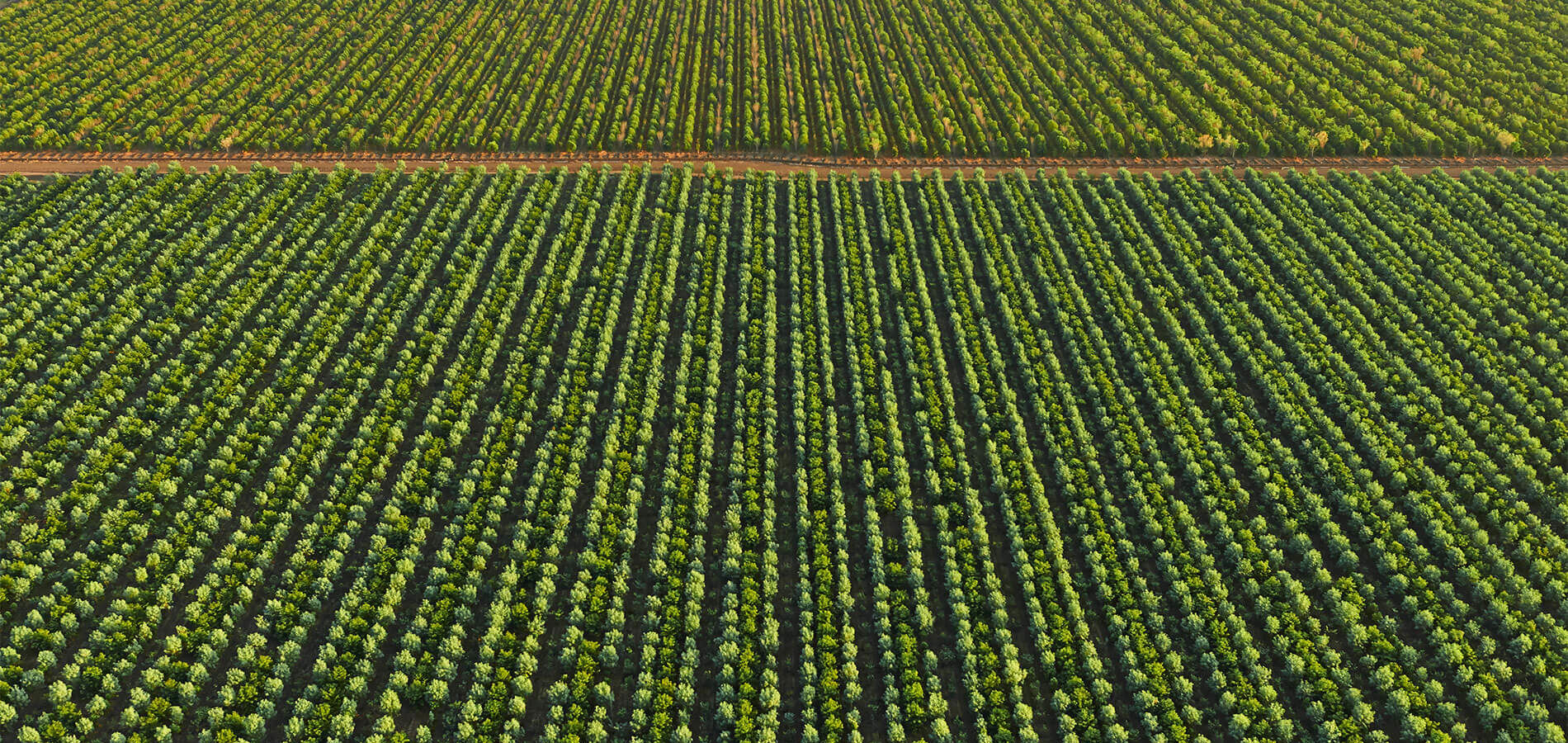Sandalwood Properties Limited (SPL), the independent Responsible Entity for a number of Managed Investment Scheme sandalwood plantations managed by Quintis Forestry, has lodged an application with the Supreme Court of Western Australia to wind up the TFS 2007-2016 Sandalwood Projects.
This follows an independent review by KPMG which found that the schemes were not financially viable and not expected to generate sufficient future sales proceeds to cover their costs. As a consequence, investors would receive an invoice rather than receive a cheque upon the completion of the harvest if the schemes were not wound up beforehand.
The Board of SPL (comprising two independent directors and one Quintis representative) commissioned the independent KPMG assessment after historically poor trading conditions in the MIS sandalwood public tenders this year. This ultimately caused MIS investors in the 2005 TFS Sandalwood Project to record negative returns, a fate also expected to apply to the recently harvested 2006 TFS Sandalwood Project.
The assessment from KPMG concluded that each individual scheme should “be wound up as it provides the best outcome to growers on the basis that….it appears that there is no return to Growers expected if the Scheme proceeds to a full harvest”.
The KPMG assessment found that supply was highly likely to exceed demand and therefore harvest, marketing, selling and other costs would exceed the gross proceeds from the sale of the sandalwood for each scheme.
SPL estimates that more than $30 million will be required to take all of the Projects from their current state through to harvest, to sell the wood, and remediate the land.
Alternatively, by winding-up the Projects now, $2.5 million of escrowed funds will be returned to Project investors in the 2012-2016 Schemes.
SPL Chairman and Independent Director Kent Burwash said the SPL directors had no choice but to pursue the winding-up application for each of the 2007-2016 Projects once KPMG found they were unviable.
“Two of the past four recent MIS public tenders have failed to attract any acceptable bids, and the wood that did sell was still below the price required to break even,” Mr Burwash said "and the size of the harvest is expected to increase materially next year, which will place further pressure on prices. With the benefit of hindsight, too many trees were planted in the period when these Schemes were launched as compared with the current global market demand.
“We cannot ignore the current market environment or KPMG’s independent assessment that these Projects are not financially viable, so as the Responsible Entity we are obligated to act.
“While losing their initial MIS investment is disappointing for the affected MIS investors, when faced with a choice between losing their initial investment or losing their initial investment and receiving an invoice for various harvest and remediation fees, then the former is the least bad outcome for investors.”
Quintis is the largest MIS investor impacted by the winding up application, owning approximately 10% of the impacted Projects. Quintis will also be unable to recoup over $40 million in unpaid plantation lease and management fees from impacted investors that would have been payable if the projects ran to completion.
Quintis remains the owner of significant plantation areas in its own right, and as its own harvest volumes increase, its participation in future MIS post-harvest wood public tenders, will decline. Previously it has been the buyer of more than 50% of the volumes sold at these public tenders.
As a consequence of, and subsequent to, the KPMG assessment that the Projects are unviable and the decision by SPL to seek a winding up application, a Quintis subsidiary, Quintis Leasing Pty Ltd, will no longer be able to recoup lease payments it makes to lease the land on which the MIS plantations are grown. This includes $23 million in leasing costs already paid to landholders, and a further $16 million of lease and land remediation costs it would likely incur. As a result, Quintis Leasing is likely to be placed into Voluntary Administration shortly. This does not impact any other Quintis Group entities.
